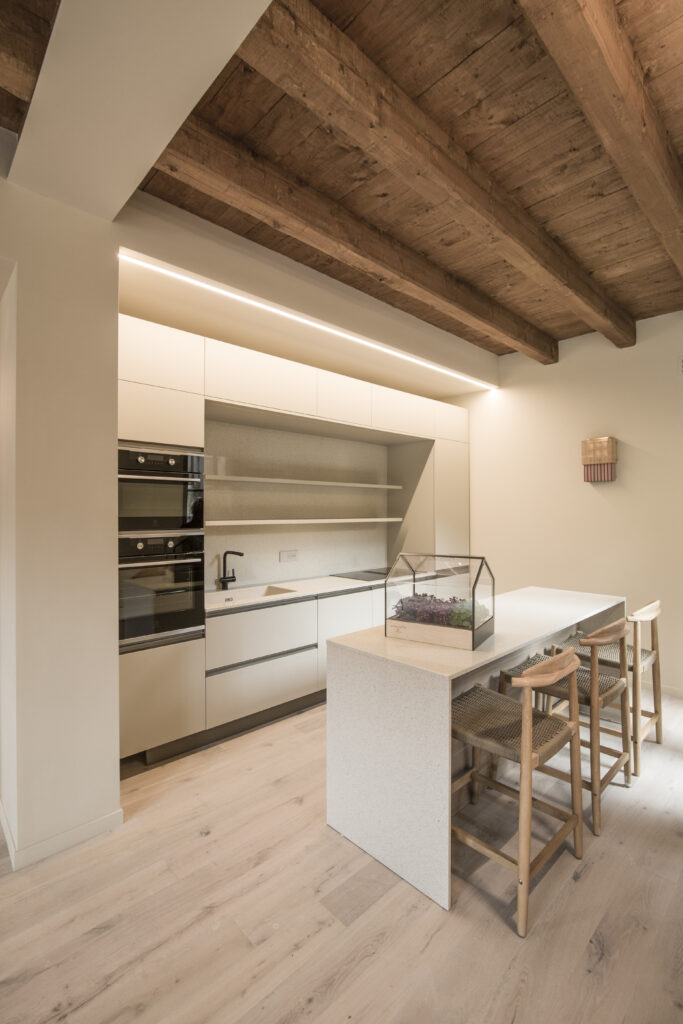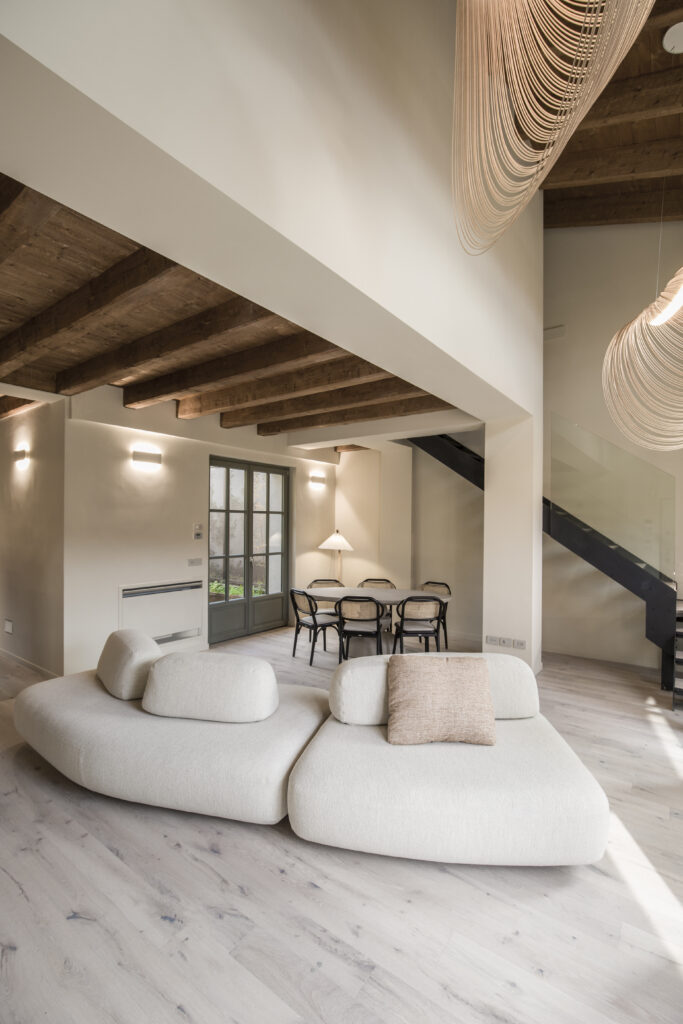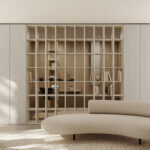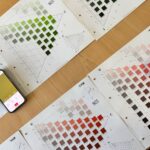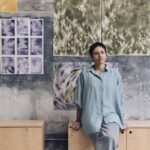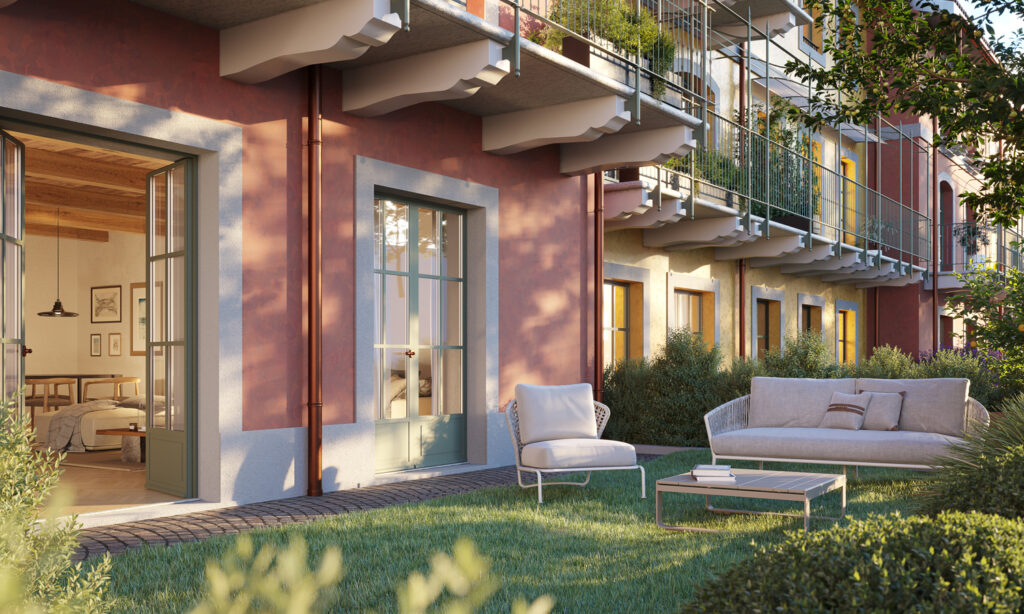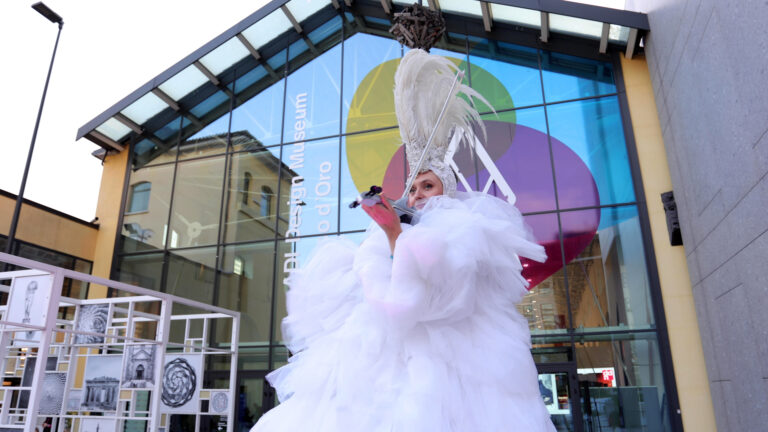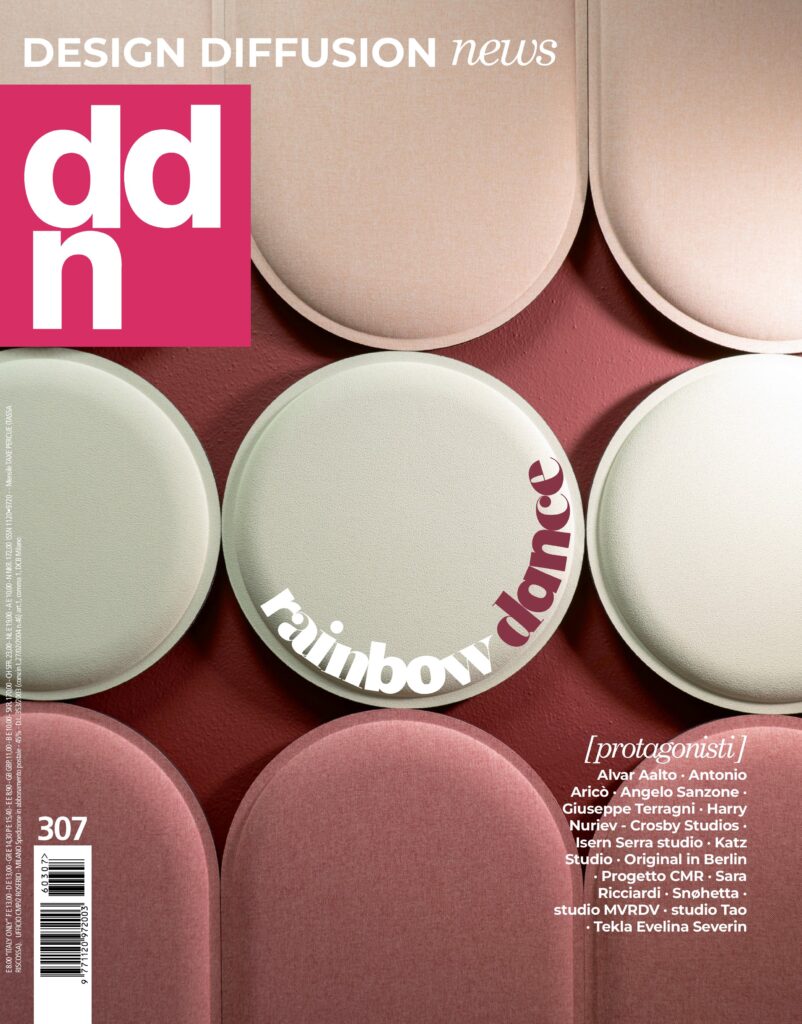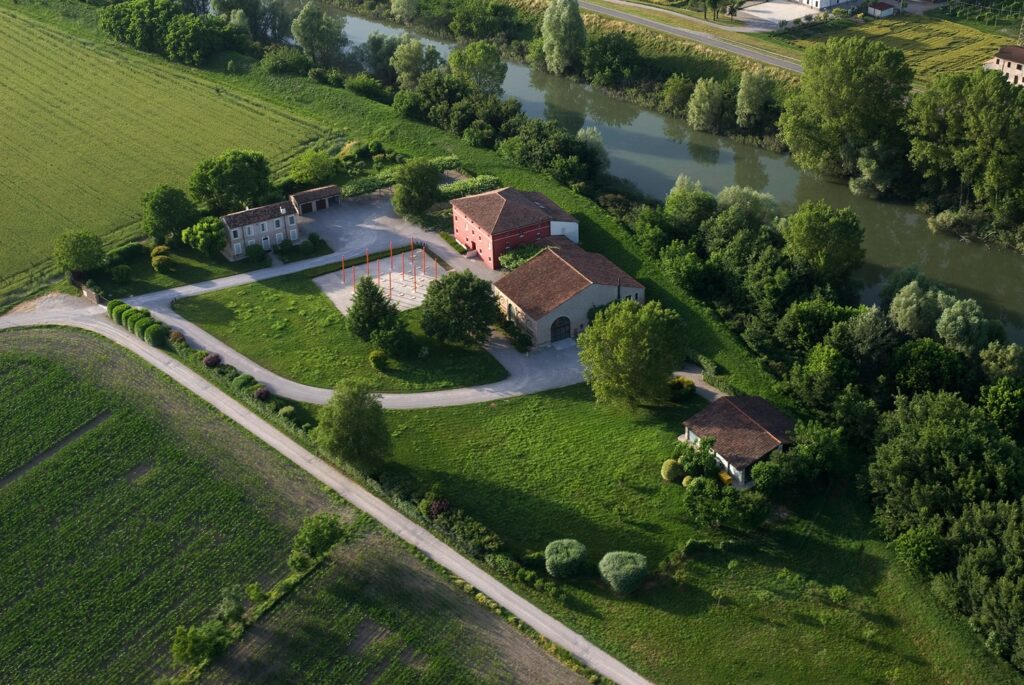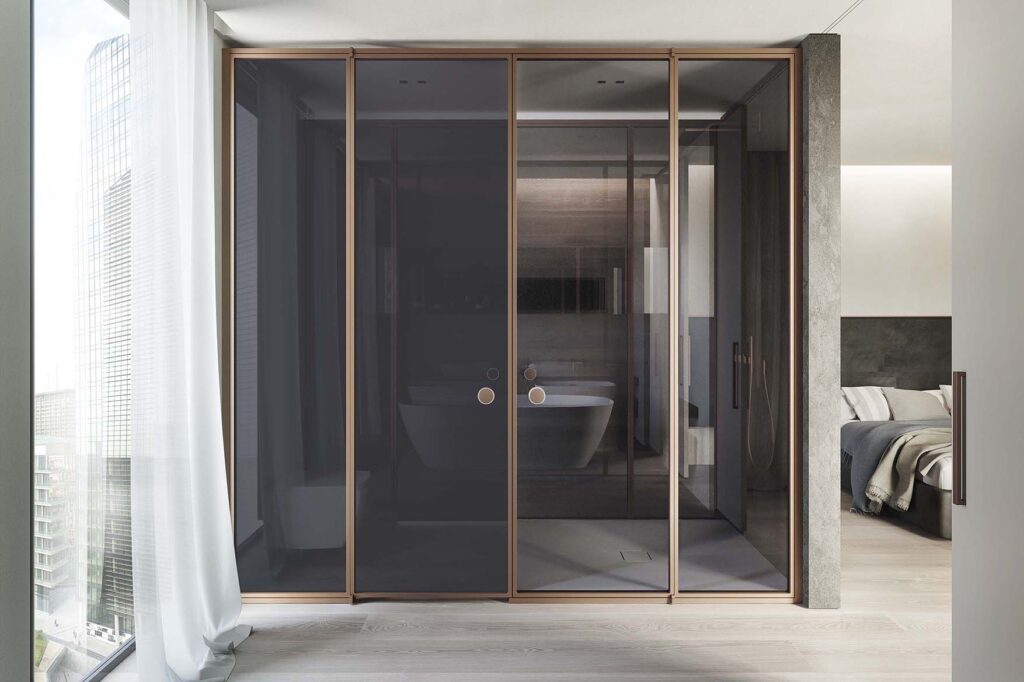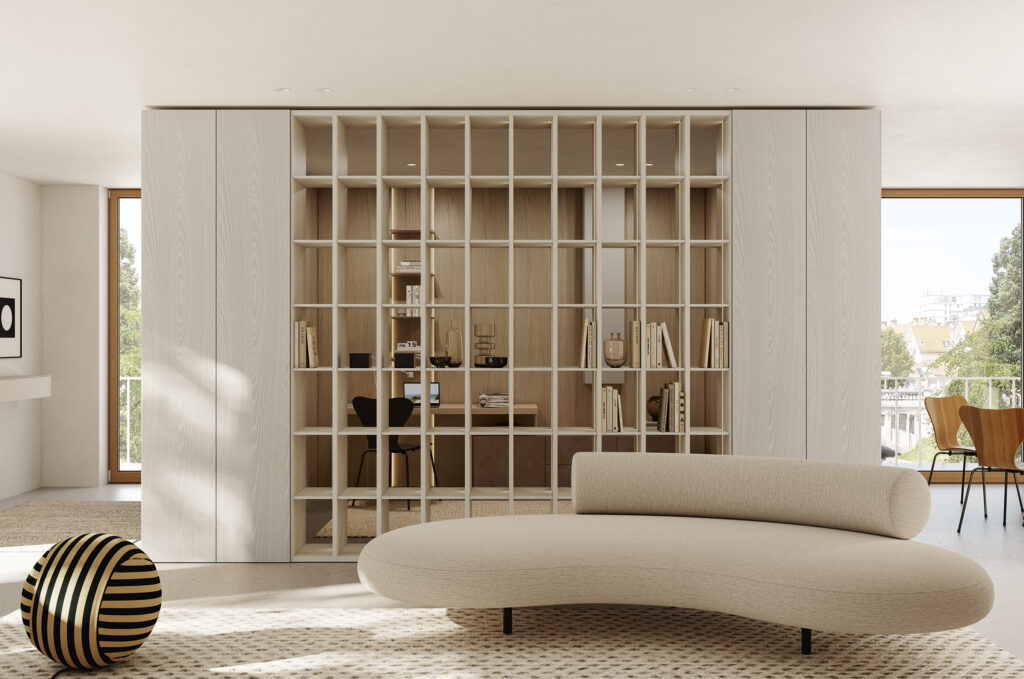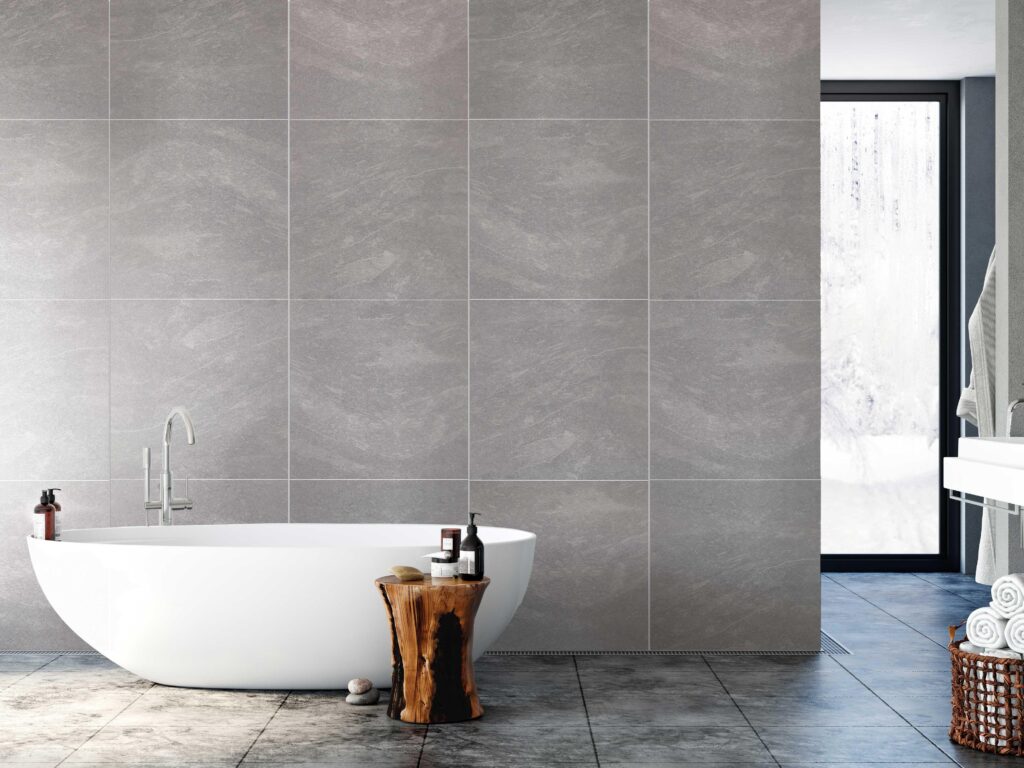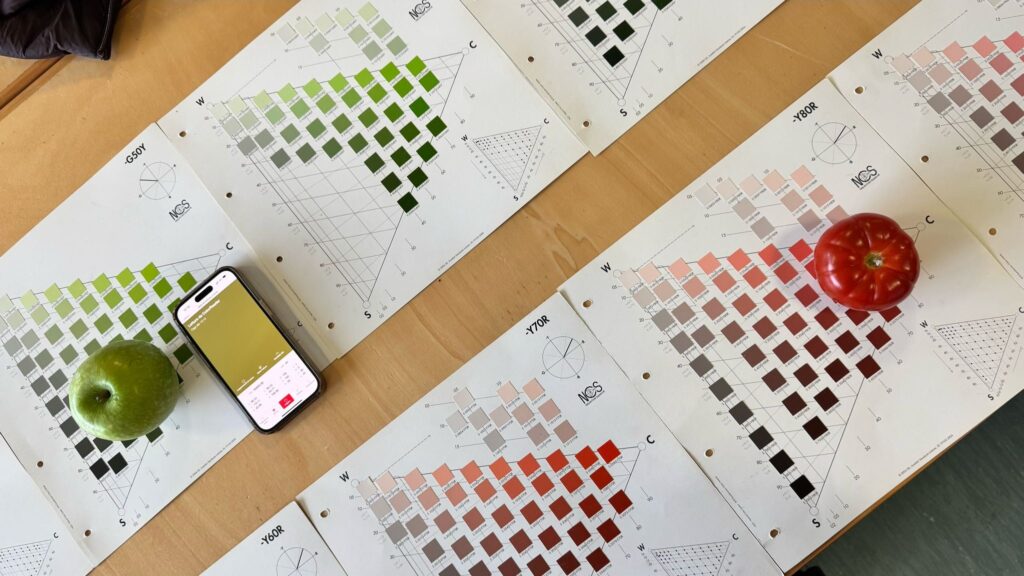Forrest in Town, a new concept of urban horizon and a tribute to slow living in Milan
Forrest in Town Milan is the sustainable urban redevelopment project by DFA Partners in collaboration with Boffa Petrone & Partners. The trapezoidal-shaped village, located in the heart of the San Cristoforo district by the Naviglio Grande, consists of 89 residential units for a total of 10,000 square meters, with private gardens and patios, 5 commercial spaces, fitness and recreational areas, a 4,500-square-meter park and a communal aeroponic garden.
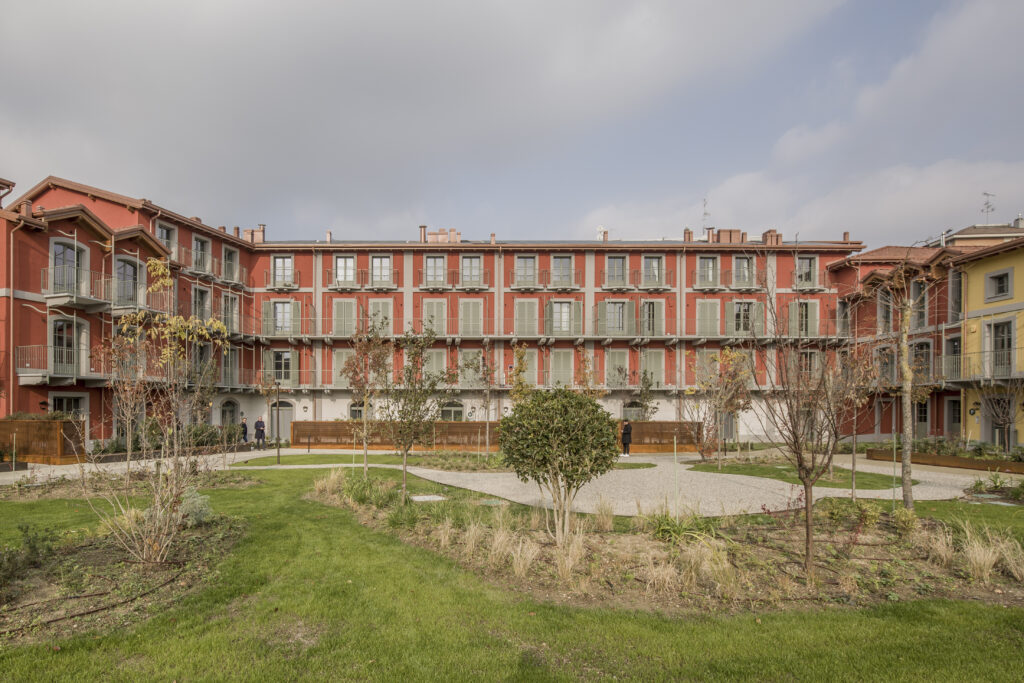
Respect for the genius loci, a hallmark of DFA Partners’ projects, guided the firm in the redevelopment of Forrest in Town with the aim of transforming the area into a sustainable housing complex, with particular attention to respecting the typical Lombard and Milanese architectural identity that characterizes the structure.
Forrest in Town: the project
The buildings of Forrest in Town surrounding the courtyard (maximum 3-4 stories above ground) were designed starting from the existing planivolumetric layout and silhouettes and from the rural Lombard fabric of the original building: the large door and window openings with raised silhouettes and contours and iron profiles, the wooden floors and roof structure. Also, the colors of Milanese architecture, playing with Milano yellow and shades of red, the balconies and gneiss.
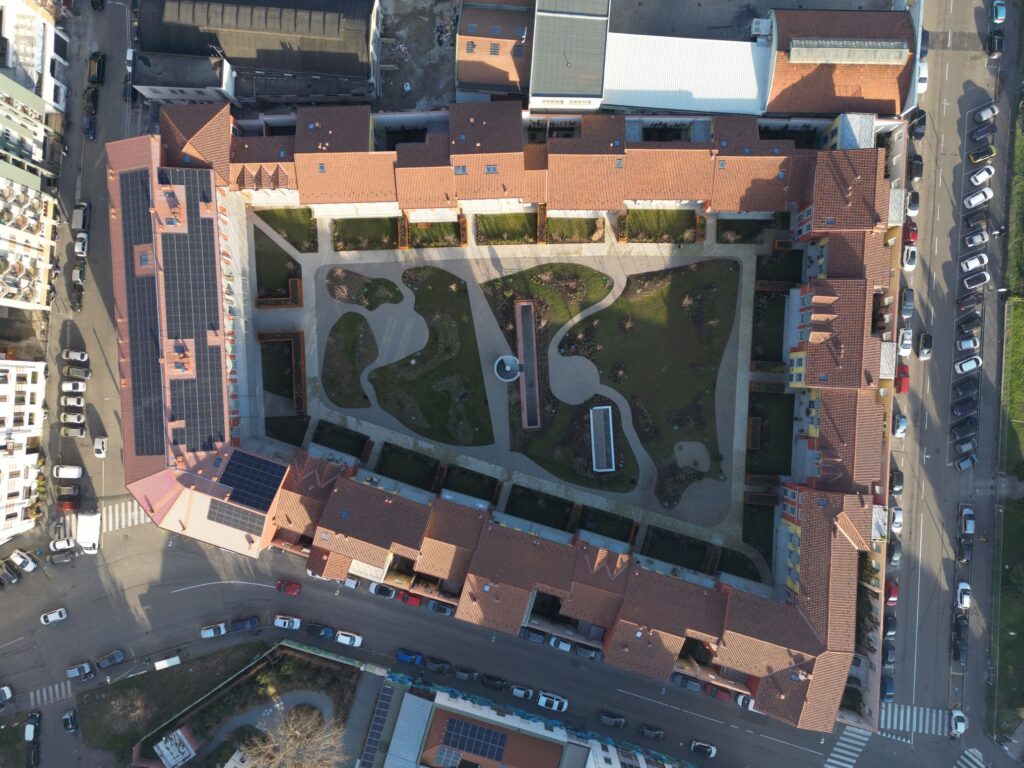
The pre-existing elements have been maintained and enhanced in a harmonious mix of historical materials and innovative and ecological materials . Examples of this are provided the wooden structures visible in the apartments, or the gouging of the beams on the ceilings that deliberately contrasts with the new and modern distribution of the spaces designed by DFA Partners, in a perfect balance between past and future.
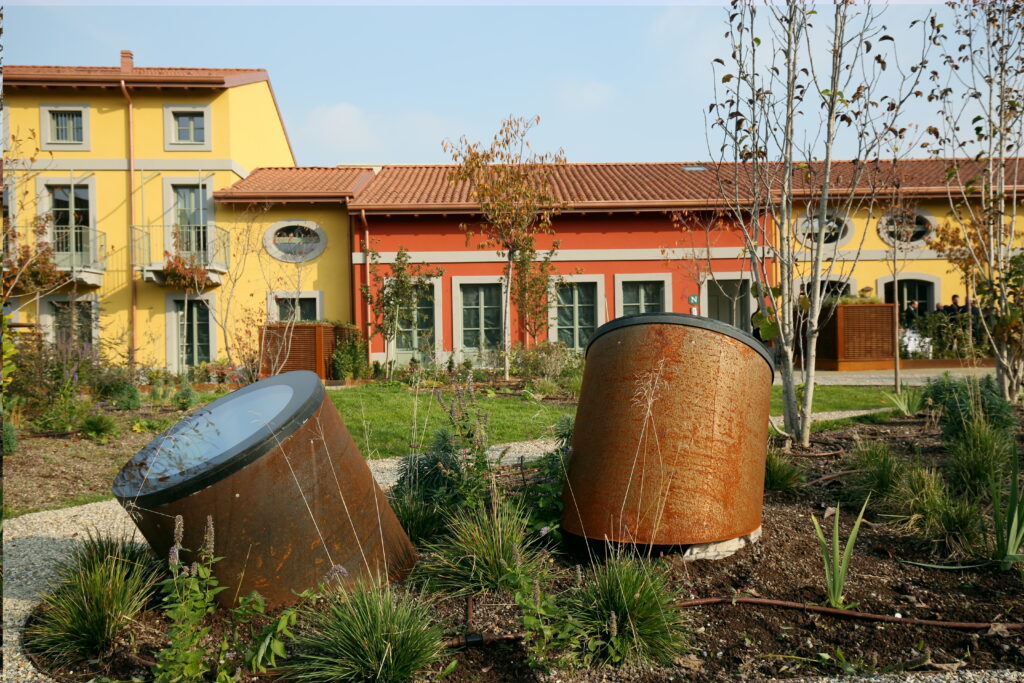
Nature at the center of the project
The interiors are designed to dialogue with the outdoor areas. Large private gardens in front of the residences and interior patios with plants for private use make greenery the main structural element of Forrest in Town.
Through the integration of green areas, ecological architectural solutions and sustainable technologies, the project aims to improve the quality of life of the citizens through a communal garden located a place that has an agricultural past, which is also a lush green lung for the city of Milan. As a result, communal and private greenery is the protagonist of the project: in the gardens and patios, but especially in the 4,500-square-meter internal courtyard housing the communal garden, onto which the residential units overlook.
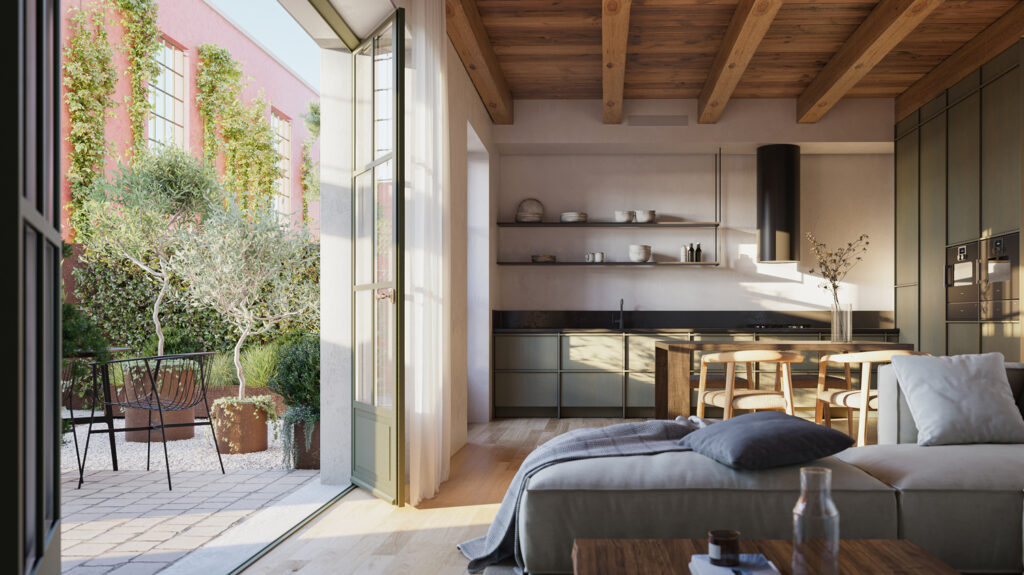
The large communal garden – designed by Vittorio Peretto, founder of the Milan-based studio Hortensia Garden Design – was conceived according to the concept of the Ecogarden, an ecosystem rich in biodiversity and lasting over time, aimed at fostering a balance between nature and man-made space.
Designed to host both adult and young plants, from 1st to 4th size, in the garden fruit trees are placed side by side with ornamental species, berries and flowering grasses. This is in lien with to the principle that the more heterogeneous and varied the plant system is, the more robust and enduring it will be, as in human society.
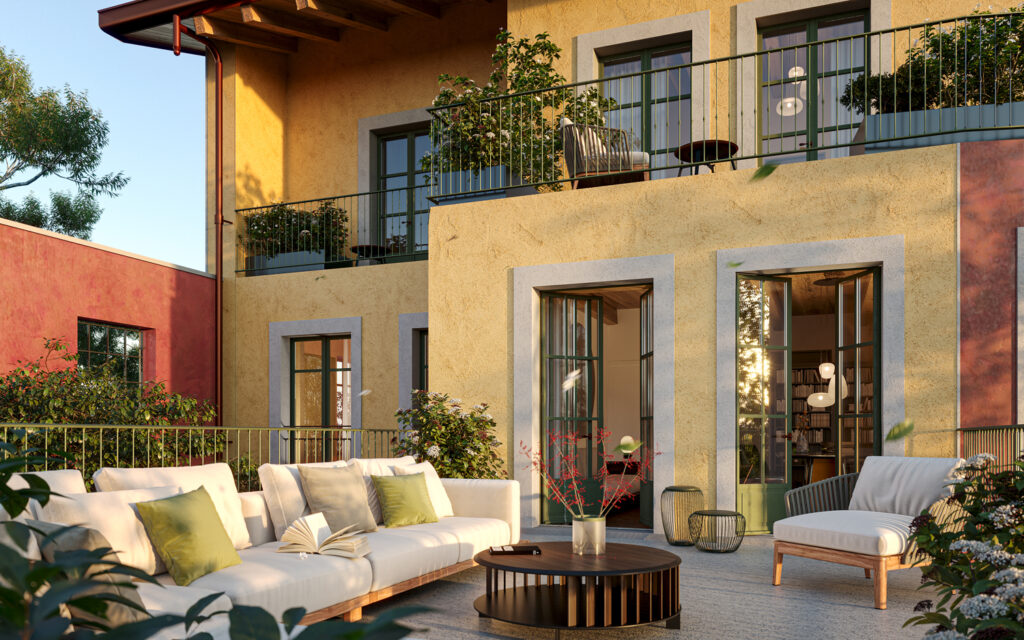
Starting precisely from this analogy, Forrest in Town’s garden represents a green lung available to the whole city. Plants, in fact, do not perceive boundaries; they are a common good and bringing them into the city means helping to save it. This communal garden, an active part of the urban fabric of a metropolis such as Milan, is made with the plant landscape in mind as a co-protagonist of human activity, to create a place where natural and man-made dimensions not only coexist but give rise to new ecosystems.
The aeroponic vegetable garden
The aeroponic garden project is probably the most striking example of a new ecosystem that can arise in an urban context. A brainchild of Pietro Maria Fiori of DFA Partners, it is located in the basement below the large courtyard. This 70-square-meter area is dedicated to soilless cultivation with a aeroponic system, that is, without soil and thanks to water in which suitable nutrients are dissolved to help plants grow fast and healthy.
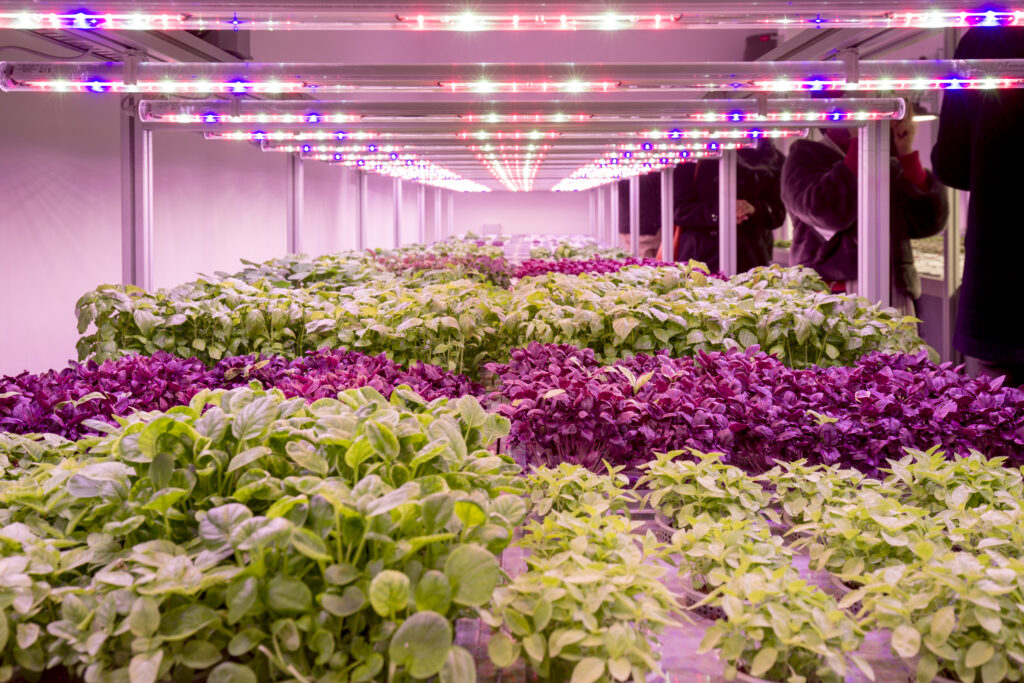
Designed and built by Agricoolltur, the aeroponic vegetable garden provides residents with seasonal produce with a reduced environmental impact, managing to produce up to 90 different types of vegetables, herbs and spices. Forrest in Town in Milan is the first urban residential project with a soilless vegetable garden serving the community of residents.
